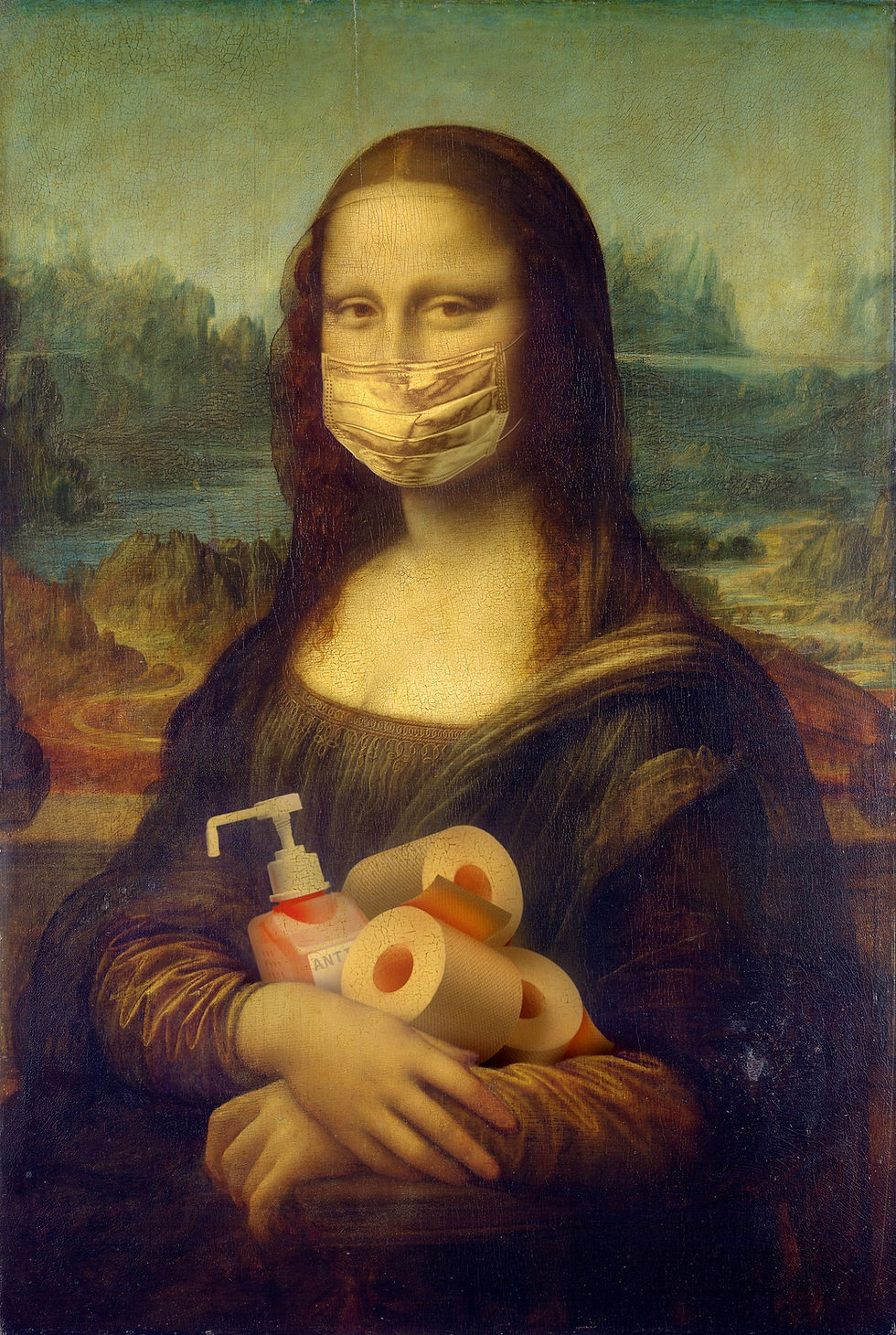Pay Attention
- Coach Knickerbocker

- Nov 29, 2019
- 3 min read
Updated: Feb 1, 2020

I just listened to a brief news story via the BBC about a free climber named Brad Gobrite who died during a descent after summiting a mountain in Mexico (https://www.bbc.com/news/world-us-canada-50592646).
The newscaster was interviewing another renowned climber and asking for her opinion on what happened. She opined that during moments of tasks that we consider to be ordinary and semi-automatic on a neurological level, much like driving a car, we take our abilities for granted and become distracted. Our focus wanes, and unexpected moments happen. This is what she suspects occurred during the descent. Gobrite was with a climbing partner and having just summited the peak they were now headed back down via climbing ropes. In fact, as Gobrite's climbing partner mentions in the article, the two had just started "rapping" to each other.
This got me thinking about how, as rowers, we are constantly trying to make the stroke as automatic as possible. We consistently train towards making sure our bodies can accomplish the movements we need to accomplish without the burden of actually "thinking" about the movement.
With experience we do and can, reach those moments of unconsciousness with regards to the stroke. Especially given some factors like the experience level of the rowers, the amount of experience in competition, fitness level, etc.
But...Wait for it.
Does that serve us in the ordinary moments that we no longer "think" about? For example. Do you actually stop and think about how you're getting into the boat? Where your hands are on the oar when you are moving from dock to shell, where your foot is and how much weight is on it, what is happening with the actual shell itself as you step in and take your seat? It's taking your weight, settling down into the water, or listing a bit because you have stepped or put weight with your hands in a not so stable place.
When one is a novice rower, every single solitary thing (hopefully) is considered and examined and corrected, and...
A ton of mental energy is committed to the fact that nothing is ordinary for them, but for experienced rowers there are many times, I believe, that there is an assumption of habit. A comfortableness that can be dangerous. Not dangerous like our free climber Gobrite, but dangerous in terms of taking for granted the ordinary.
Certainly I'm not suggesting that every single time you get into a boat you take 5 minutes to pay attention to where your hands or feet are. I'm suggesting that you bring some awareness to the moments that you know have become rote for you, because it is exactly at those moments when something could be missed or lost or could create an unwanted result.
So right now, stop for a second and think about what parts of your rowing have become something you don't think about and that "just happen" for you. Then the next time you're out in the boat take a moment to watch yourself with regards to this particular thing and pay attention to it like you haven't for years. Why?
Because the minute something becomes rote or routine or you assume you're done learning about it, is the moment you suffer a small death in your growth trajectory.
Growth is not always vertical. Sometimes growth can be horizontal. In other words you may not be learning something "new", it may just be that you are observing yourself engaging in that activity or action, which in and of itself is a third dimensional approach to the sport.
Am I getting a little too philosophical for you?
All I'm saying is PAY ATTENTION.
Not just to the big things, but to the little, sometimes overlooked, and often taken for granted things. Otherwise you begin to lose a little of what makes our sport so great.
That is, all the little things that matter to the big picture.
PAY ATTENTION to the environment you are creating in your boathouse and with your teammates.
PAY ATTENTION to how you are engaged with this thing we call Rowing.
Take nothing for granted.
Never assume you have it all down.
The moment you do is the moment you fall.
Row hard, Row well Compete, Have fun!
Coach Knickerbocker




Comments